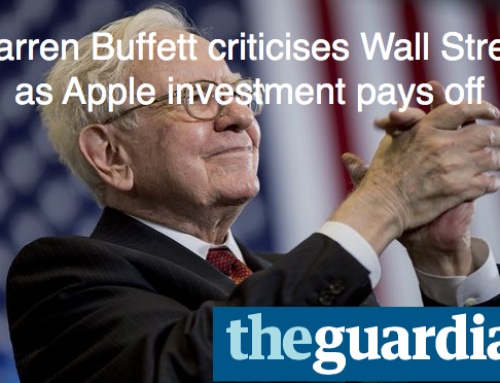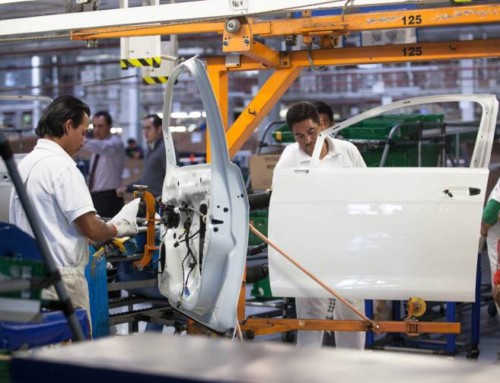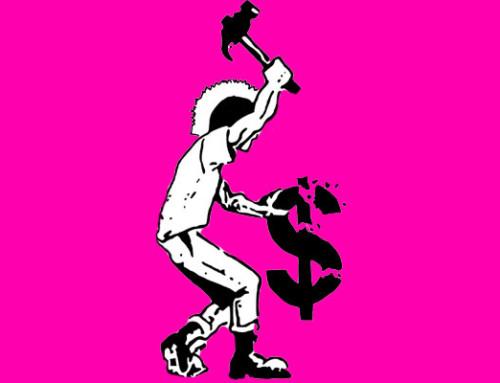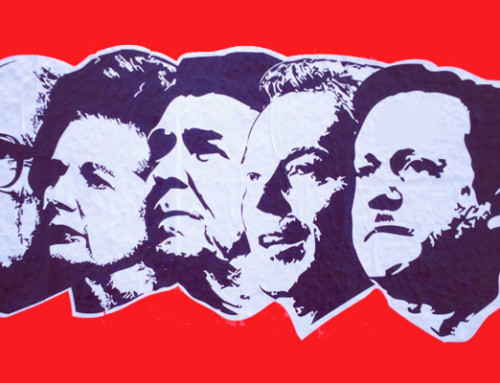1 March 2017
Why Britain needs to share the wealth
broader ownership in all respects is the best way to relieve the burden on the state.
And unless we address these structural flaws in our financial system, any other attempts to build a truly inclusive economic democracy will be condemned to failure.
His opening premise is really his closing sentence, and I agree, to a point. Unless we address the structural flaws in our financial system today, all other attempts to build a truly inclusive economic democracy will be condemned to failure. The “burden on the state” from such a chronic failure is not really the concern. That failure, alone, is unacceptable.
Logically, the correct way to proceed is through a radical – in the Latin sense of “going to the root” – rethinking of our financial system, its present structure and why those structures are flawed, in order, following a medical or engineering paradigm, to diagnose the failing in order to prescribe a most appropriate remedy. Nobody really wants to do that. So let’s choose a different strategy. Let’s begin by asking, “what if?”.
What if the most authentic way to achieve the goal of inclusive economic democracy today, in the 21st Century is not ownership, but stewardship?
Ownership as Mr McNally writes about it in the article cited above is a construct of the 19th Century. One by-product of these 19th Century ownership structures is the invention of retirement, and with retirement, a social provision for retirement. As we enter the 21st Century, the most significant difference between the current structure of our financial system and the structure that prevailed in the Golden Age of Ownership is that we now have vast sums of the shared savings of society aggregated and maintained to provide income security for retirement, and also for education and for philanthropy, entrusted to the good judgment and discretionary choices of pensions, for retirement, and also to endowments for education and philanthropy. The 21st Century economy and society depend very much for our prosperity today on the good judgement and discretionary choices of the stewards of these funds. These stewards are accountable to society for their judgement and discretion through the laws of fiduciary duty, which require absolute loyalty and reasonable prudence. The standard of prudence under the law of fiduciary duty is the Hypothetical Reasonable Man. This is a fiction created in the law to represent the common knowledge about practical wisdom of what works, and works well, in everyday living.
What if the people had the opportunity, through civic engagement in salon-like events for articulating common knowledge and practical wisdom in context of actual investments being considered by our stewards of society’s savings, to collaboratively co-create The Hypothetical Reasonable Man? Would the people perpetuate the existing system of enterprise design through investment decision-making that values growth in future selling price and profit-taking from the next new buyer as a practically wise and actually effective way to generate constant, consistent and continuous cash flows sufficient to support good stewardship, indefinitely? Or, would they see the simpler truth that cash flow is happiness to enterprise and the economy, and the more practical wisdom of meeting the cash flow needs of society’s pensions and endowments by investing in enterprise cash flows, forever?
Imagine what would happen to the economy, society and inclusive democracy, if the people could participate in collaboratively co-creating The Hypothetical Reasonable Man as the standard of fiduciary prudence for superfiduciary stewards of our pensions and endowments, investing in enterprise cash flows, directly, to generate cash flows sufficient to sustain good stewardship, indefinitely.





